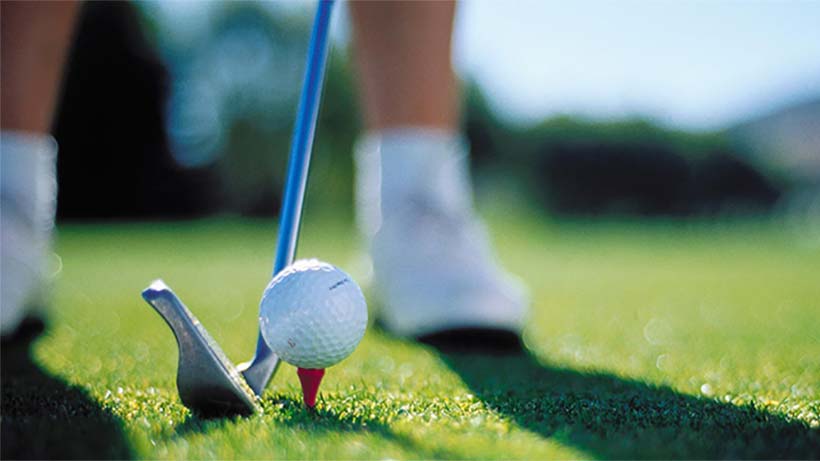Golfer’s bad day shows how your current state hurts or helps performance

On Sunday morning of the 2011 Masters, arguably the most prestigious tournament in professional golf, 22-year-old Rory McIlroy was leading the tournament.
This example illustrates clearly how one’s ability to think, reason, react, problem-solve, and learn depends on both trait (stable) and state (variable) factors. Rory McIlroy’s performance at the 2011 Masters was impaired by the variety of state factors impacting his traits on that particular day.
Some of the state factors affecting him were external while others were internal, his own reactions. Trait variables are things like age, gender, level of education, occupation, culture, socioeconomic status, IQ, brain size, genetics, body type, personality, skills, abilities and brain reserve. While these traits are thought to be stable, they are actually subject to change with time and training.
Still, state variables are much more dynamic and are constantly in flux, changing minute-to-minute and day-to-day. Examples of state variables include fatigue, nutrition, concentration and self-control.
Our environment and physical comfort also impact our performance. Things like temperature, positioning, and the presence (or absence) of observers can have a significant impact on our performance on a given task at a given moment. Some factors, like stress, emotions, and pain can be especially potent influences on moment-to-moment functioning and performance.
Most of us are not professional golfers. We are generally more concerned with how to optimize our performance at work and in our hobbies.
Therefore, it is important for each of us to understand how our traits are impacted by our current state(s) and how these can enhance or impair our performance.
There are four important ways that you can work to improve your overall health and contribute to improving your cognitive performance.
1. Getting adequate sleep is essential to optimizing functioning in mental and physical pursuits.
The Centers for Disease Control recommend 7-8 hours of sleep nightly for adults. Maintenance of good sleep hygiene is also very important. Sleep hygiene refers to behaviors that promote quality sleep; these include maintaining regular bed and wake times, limiting screen-time prior to sleep, and limiting eating before bedtime.
2. Nutrition is also very important to the promotion of overall health, prevention of disease, and optimization of abilities.
It is recommended that adults eat a balanced diet including fruits, vegetables, and lean proteins. It is also recommended to avoid foods high in sugar, caffeine, and alcohol; each of these substances can have negative effects on the body and can compromise cognition.
3. Regular exercise can also reduce risk for cardiovascular disease and obesity.
Even light exercise such as walking several days per week can significantly improve health and well-being.
4. Finding healthy, active ways of managing stress is critical to maintaining health, well-being, and promoting cognitive and physical performance.
When stressed or overwhelmed, it is recommended to take breaks, breathe deeply, and focus on the task at hand rather than negative thoughts about performance. Breaking tasks into smaller, manageable chunks can help daunting tasks feel more approachable. However, even with the best of lifestyle practices, optimum abilities are likely always obscured by state variables. We can only do our best to manage the influences acting upon us.
Greek philosopher Heraclitus said, “No man ever steps in the same river twice, for it's not the same river and he's not the same man.” Despite our best efforts to maintain stability, consistency, and wellness in our daily lives we are each subject to external and internal variables which affect our physical, cognitive, and psychological functioning.
Who you are today is the product of your genetics, your upbringing, your education, your training, your culture, and your physiology. Every moment of your entire life up to this point has combined to make you who you are.
But, how you are today (happy, sad, anxious, scared, tired, sick, focused, motivated) influences how well you will be able to perform in any given activity regardless of your innate abilities. We would each do well to take care of our bodies and minds so that we might be able to continually strive to be our best selves, regardless of what the day or the moment hands us.

